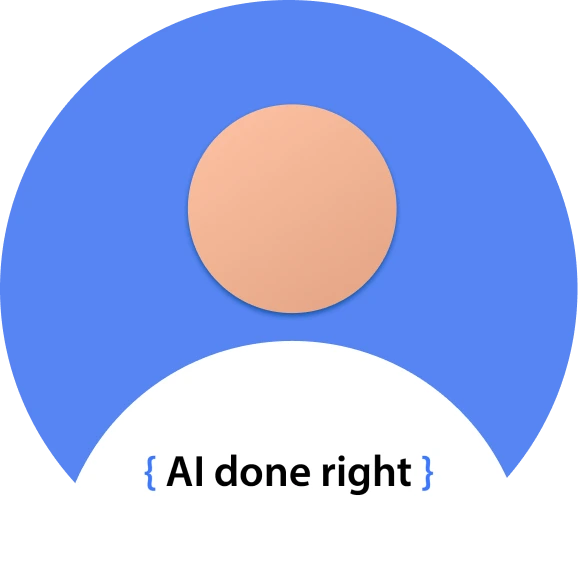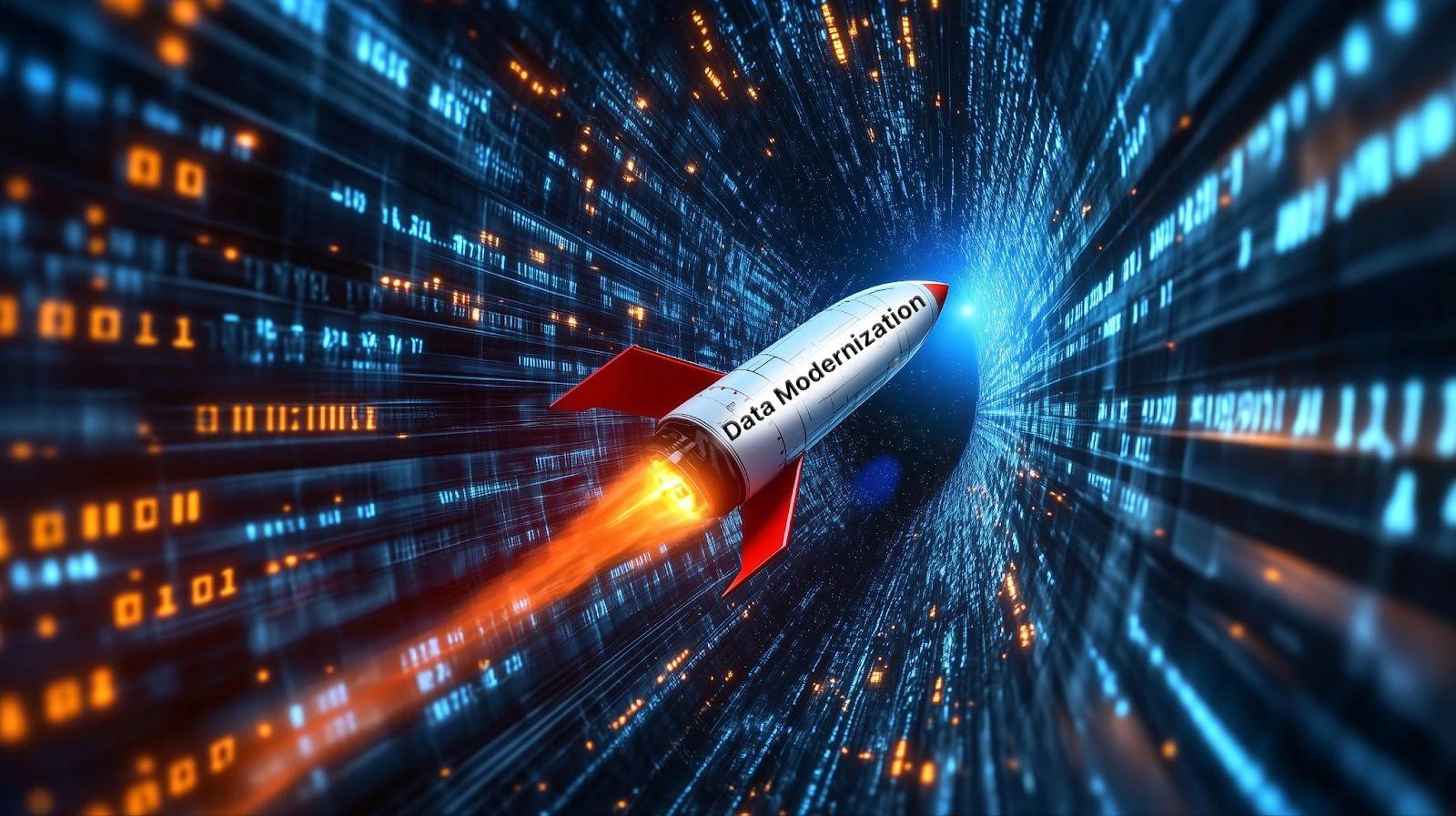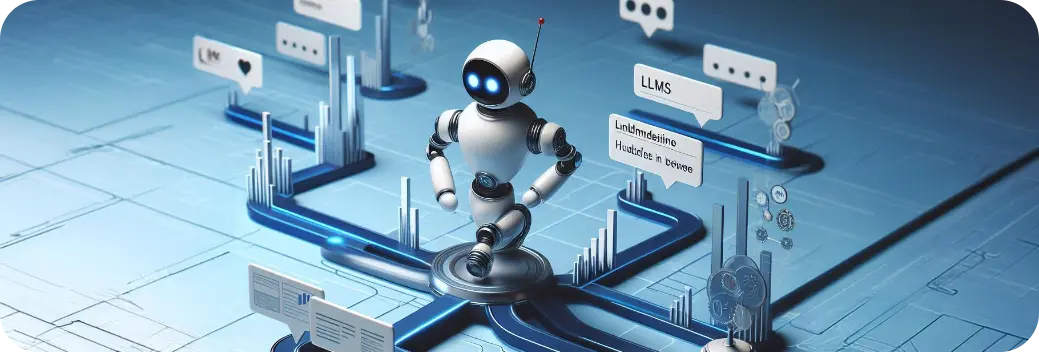Data Modernization 2.0: The Key to Overcoming Legacy System Challenges
The Data Modernization Imperative
The conversations in today’s tech-driven landscape are all about Generative AI (GenAI). Many organizations are eager to implement GenAI and reap the benefits, but as my good friend Dominic Rasini at Deloitte emphasizes, these aspirations are often hindered by a lack of foundational data infrastructure. True GenAI transformation doesn't begin with the AI itself – it begins with modernizing the underlying data systems.
At Techolution, we know this firsthand, which is why our conversations around AI always start with data. Building a GenAI proof of concept without a modernized data foundation is a surefire way to end up with a high-cost, low-impact “widget” that gathers dust on the shelf. Instead, we’re focused on enabling meaningful transformation, helping organizations navigate from legacy data practices to modern, AI-ready systems.
The Legacy Data Challenge
Despite significant advances in cloud computing, many organizations remain entrenched in legacy data management practices, which struggle to handle today’s reality where 80% of data is unstructured. This creates fragmented data estates that hinder innovation and limit the potential of GenAI. Enterprises face pressing challenges, from managing diverse data types to ensuring data quality and accessibility.
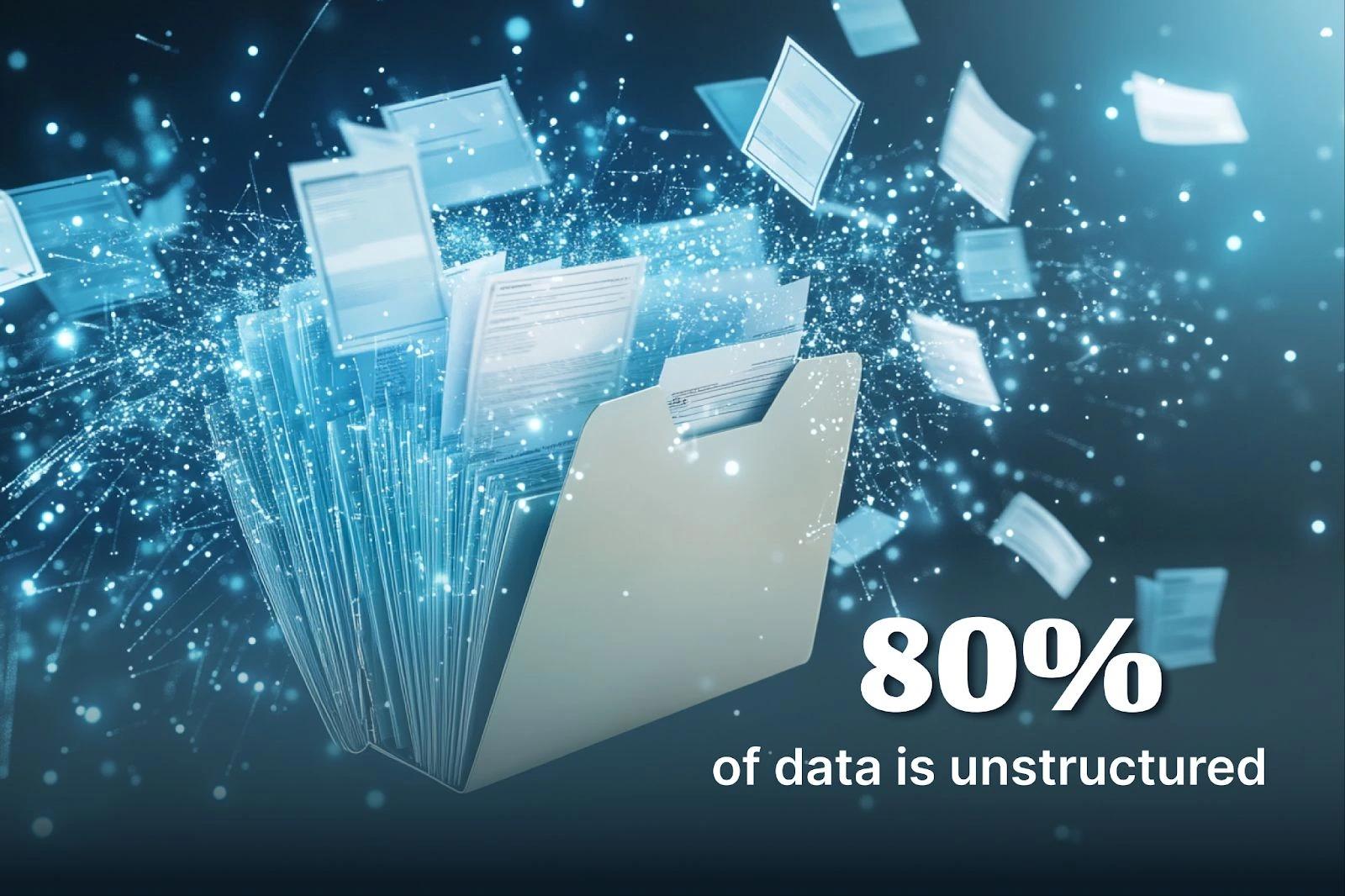
The Legacy Data Challenge
Through our GGC framework and AI expertise, AppMod.AI achieved code generation and SQL creation for a client within 1-2 hours – a task that would typically take a mid-level engineer 45-50 hours. This 20x productivity boost enables companies to transition from languages like COBOL to Python, fast-tracking their GenAI-readiness. Additionally, with aspects like Code Refactoring and Project Analyzer, it's easier to clean inefficient legacy code and gain insights into repositories, empowering companies to understand and enhance code health efficiently. Custom AI solutions, such as these, are what enable businesses to benefit from GenAI to the fullest.
Achieving Data Modernization 2.0
It’s time for Data modernization 2.0 – going beyond traditional cloud migration and scalability to support the advanced requirements of Generative AI. This phase introduces essential capabilities like vectoring, knowledge graphs, and prompt and RAG engineering:
• Vectoring transforms unstructured data into a format that’s easier for AI to analyze and retrieve insights from.
• Knowledge Graphs enable AI to recognize relationships and context within data, creating a more interconnected data landscape.
• Prompt and RAG Engineering support dynamic, real-time data interactions, essential for GenAI applications.
Together, these elements provide the robust, flexible data foundation necessary for harnessing the full potential of GenAI, helping organizations move beyond basic data management to become truly AI-ready.
Achieving this transformation requires more than just cloud storage. It calls for advanced tools that make data accessible, actionable, and scalable. Solutions like Appmod.AI facilitate this shift, helping companies transition from legacy systems to modernized environments optimized for GenAI. Appmod.AI’s features – code conversion, refactoring, and project analysis address the unique challenges enterprises face when updating their data infrastructure.
The Human Element – Collaborative Data Culture
Having said that, it is important to note that modernizing data isn’t solely a technological task; it’s a cultural shift that requires collaboration between business leaders and IT. As rightly pointed out, data stewardship is no longer the exclusive domain of IT. Business stakeholders must take an active role, particularly when data directly influences customer interactions, strategy, and innovation.
At Techolution, our approach with Appmod.AI emphasizes this collaboration. Appmod.AI’s conversational AI capabilities allow teams to directly engage with the platform, asking questions, requesting code adjustments, and even simulating different scenarios. This interaction between AI, developers, and business leaders creates a dynamic environment where data assets are optimized not just for technology’s sake but for tangible business outcomes.
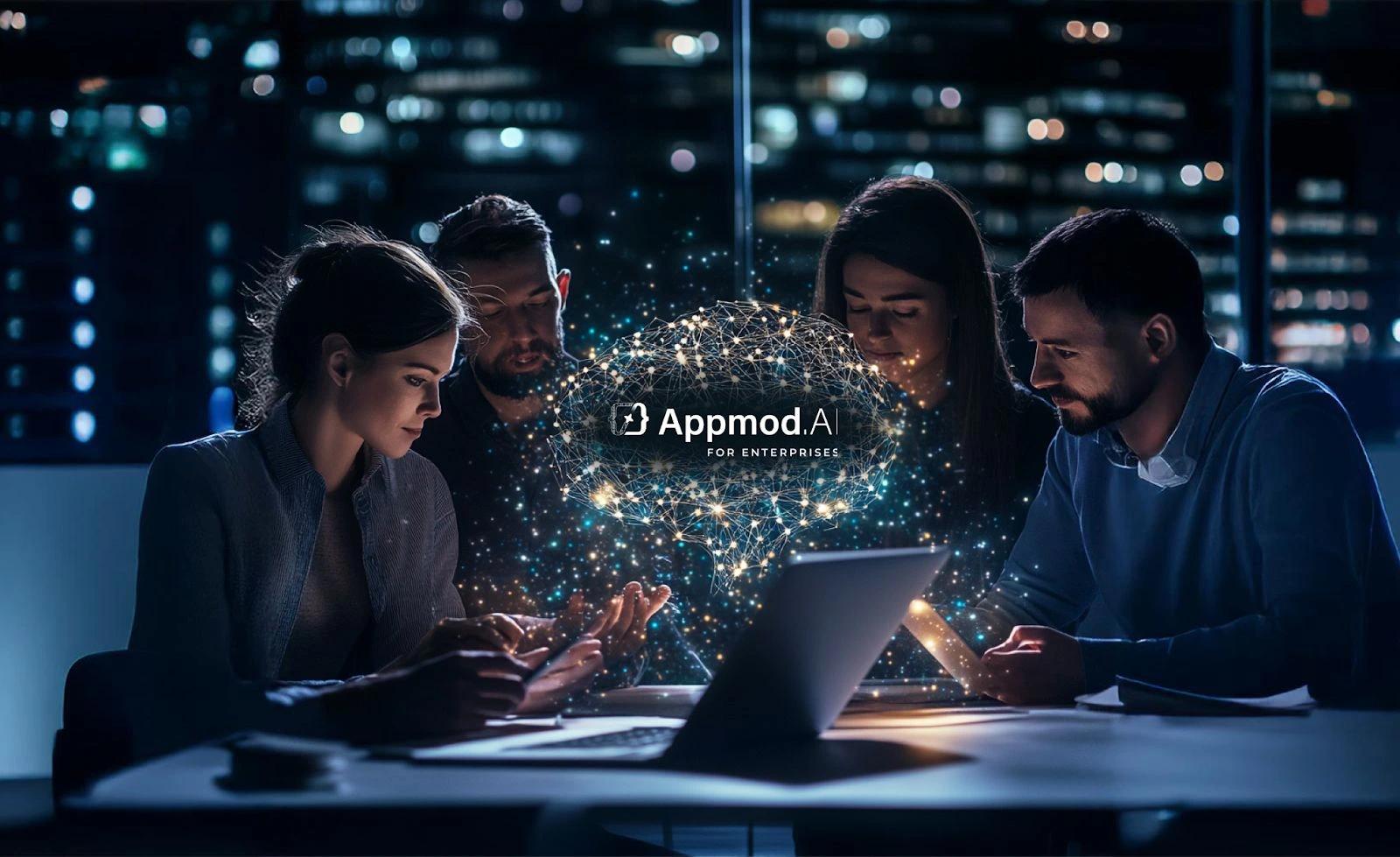
Collaborative Environment
Building a GenAI-Ready Workforce
Data modernization 2.0 isn’t just about new technologies; it’s about equipping people with the right skills and tools to leverage those technologies effectively. For GenAI to thrive, organizations need a workforce that understands both the technology and the business implications of AI-driven initiatives. Appmod.AI supports this by offering a learning-friendly environment where developers can practice and refine skills like prompt engineering and real-time data analysis.
With features such as conversational feedback and AI-driven insights, Appmod.AI helps teams learn as they go, gaining practical experience with tools they’ll rely on in the future. This “on-the-job training” aspect is crucial for building a workforce that’s ready for the complexities of GenAI, empowering teams to engage with new technologies in a supportive and collaborative way.
For organizations ready to embark on their data modernization journey, here’s how Appmod.AI can help:
1. Assess Your Data and Code Ecosystem : Start by evaluating your current infrastructure. How much of your codebase is legacy, and what gaps need to be addressed? Appmod.AI’s Project Analyzer provides a clear view of your repositories, pinpointing areas that need immediate attention.
2. Streamline Code Conversion and Refactoring : Legacy systems often operate on outdated programming languages, which can hinder scalability. Appmod.AI’s code conversion and refactoring tools facilitate a smooth transition to modern languages, ensuring your systems are ready for GenAI applications.
3. Invest in Continuous Improvement : Modernization isn’t a one-time project; it’s an ongoing effort. Appmod.AI’s capabilities are designed for continuous engagement, allowing developers to refactor, optimize, and adapt code as requirements evolve.
4. Enable a Collaborative Culture : With features like conversational AI and live previews, Appmod.AI empowers cross-functional teams to participate in the modernization process. This fosters collaboration between developers and business stakeholders, ensuring that every modernization effort aligns with broader business goals.
Final Thoughts On the Potential of Generative AI
Generative AI is reshaping industries, but its true potential can only be realized when organizations have a robust, modern data foundation in place. Legacy data management practices and outdated infrastructure pose significant barriers to GenAI adoption, limiting organizations’ ability to harness the full power of these transformative technologies.
By prioritizing data modernization as a strategic imperative, enterprises can lay the groundwork for successful GenAI implementation. This means not only updating technologies and systems but also cultivating a collaborative data culture where business stakeholders and IT work hand-in-hand to optimize data assets. Only then can organizations truly unlock the limitless possibilities of GenAI and drive sustainable, long-term innovation.
The journey to data modernization 2.0 may seem daunting, but with the right tools and a commitment to transforming organizational culture, enterprises can position themselves for GenAI success. As the excitement around Generative AI continues to grow, the ability to modernize data infrastructure will become a crucial competitive advantage – one that separates the leaders from the laggards in the digital age.
